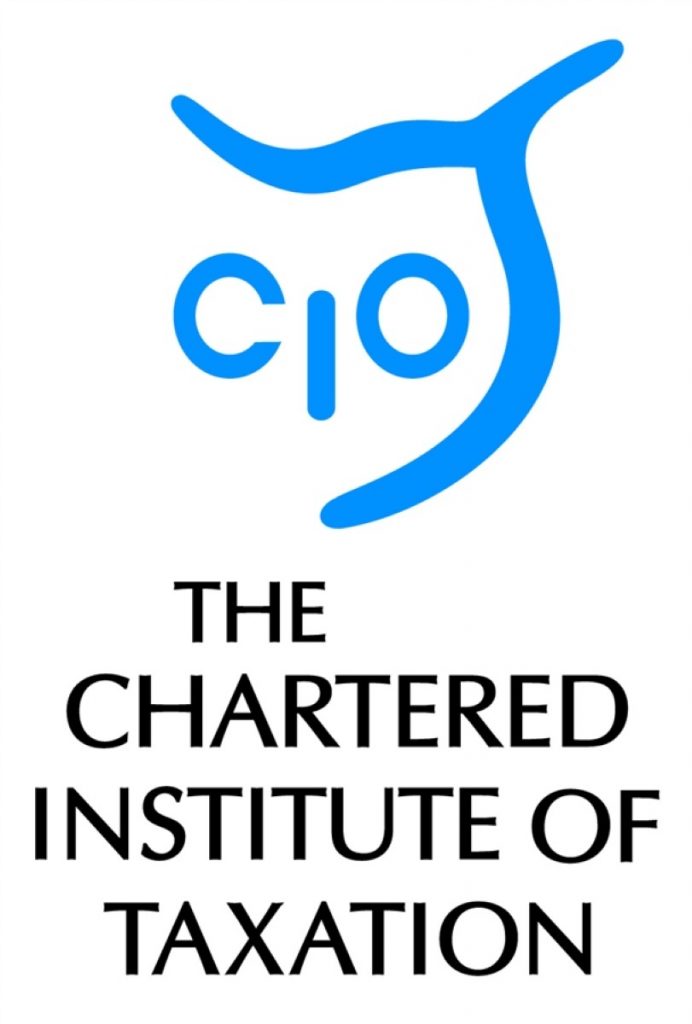The Supreme Court today decided1 that tax planning undertaken by Rangers Football Club2 involving an Employee Benefit Trust (EBT) did not succeed in avoiding employment income tax and National Insurance Contributions on amounts paid to the EBT for players and executives. This followed successes by the Club in the First Tier and Upper Tier Tribunals but a reversal in the Court of Session.
Lord Hodge, delivering the judgement of the Court, said that the appeal raised a “fundamental question about the nature of the income tax charge on employment income” but he was ultimately very clear in his view that “the sums paid to the trustee of the Principal Trust for a footballer constituted the footballer’s emoluments or earnings”.
Colin Ben-Nathan, Chair of the CIOT’s Employment Taxes sub-Committee, said:
“We understand that HMRC have a large number of enquiries ongoing into EBTs at the moment and they will therefore feel vindicated by this decision.
“Whilst many employers have already settled with HMRC, for those that have not it is likely that HMRC will now issue “follower notices”3 where they consider that the circumstances sit on all fours with Rangers. These notices will require employers to pay up the tax or face a penalty if they fight on but lose in the courts, neither of which choices will be particularly appealing after the Rangers decision.”
He added that:
“This judgement demonstrates that the courts are taking an increasingly tough line on tax avoidance, adopting a purposive approach and certainly not considering themselves hidebound by a literalist approach to the law. So taxpayers who cross the line on avoidance do so at their peril.”
Notes for editors
1. The Supreme Court’s judgement and press summary can be found by clicking here.
2. The case involves RFC 2012 Plc (in liquidation), formerly known as The Rangers Football Club plc.
3. HMRC can settle cases which are similar to each other by issuing ‘follower notices’ where a case has been finally decided in the courts (such as is the position with the Rangers case). If the other cases do not settle their dispute (known as ‘taking corrective action’) and ultimately lose then they will face a penalty of up to 50% of the tax/NICs in dispute.
4. The Chartered Institute of Taxation (CIOT)
The CIOT is the leading professional body in the United Kingdom concerned solely with taxation. The CIOT is an educational charity, promoting education and study of the administration and practice of taxation. One of our key aims is to work for a better, more efficient, tax system for all affected by it – taxpayers, their advisers and the authorities. The CIOT’s work covers all aspects of taxation, including direct and indirect taxes and duties. Through our Low Incomes Tax Reform Group (LITRG), the CIOT has a particular focus on improving the tax system, including tax credits and benefits, for the unrepresented taxpayer.
The CIOT draws on our members’ experience in private practice, commerce and industry, government and academia to improve tax administration and propose and explain how tax policy objectives can most effectively be achieved. We also link to, and draw on, similar leading professional tax bodies in other countries. The CIOT’s comments and recommendations on tax issues are made in line with our charitable objectives: we are politically neutral in our work.
The CIOT’s 18,000 members have the practising title of ‘Chartered Tax Adviser’ and the designatory letters ‘CTA’, to represent the leading tax qualification.
Contact: Hamant Verma, External Relations Officer, 0207 340 2702 HVerma@ciot.org.uk (Out of hours contact: George Crozier, 07740 477 374)





-01.png)